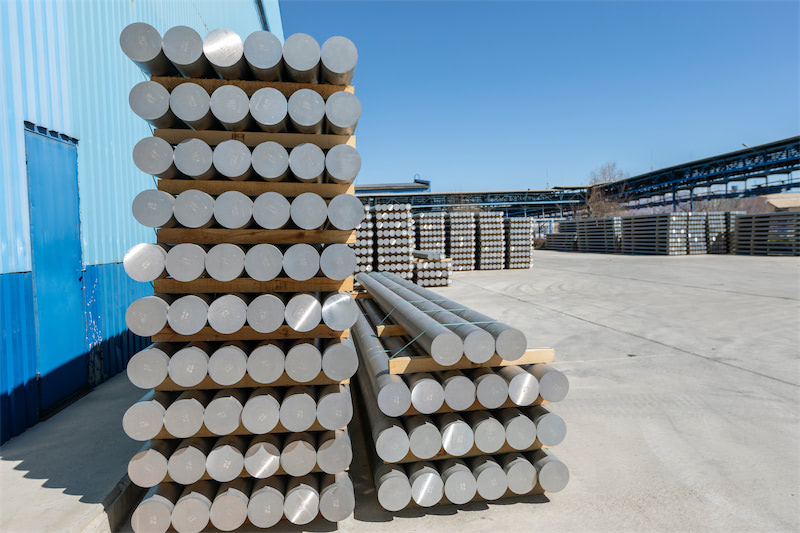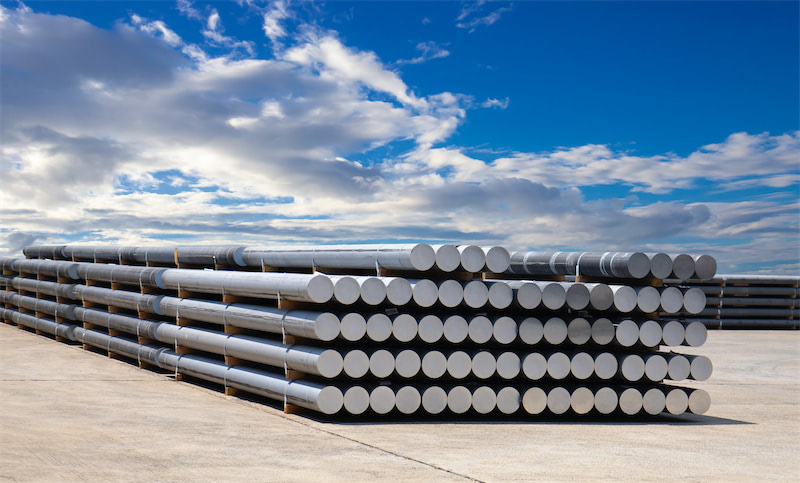In May 2025, Guinea’s transitional president, Mamadi Doumbouya, announced that a set of mining licences had been revoked for “under‑performance”. The decision reflects a broader wave of resource nationalism that has swept the military‑ruled nations of African countries since 2020, as new authorities seek firmer control over their mineral wealth.
Although many of the cancelled permits covered inactive projects, the largest active operation affected was Axis Minerals Resources’ bauxite mines in the Boffa–Fria corridor. The decree forced an immediate shutdown: the sites were placed in care‑and‑maintenance, and hundreds of workers were furloughed while the government decided who should take over the concession. Even some Chinese employees have to come back to China.
Axis ceded its permit in 2019 to a new joint venture named AGB2A. Chinese‑backed SD Mining SA provided cash and equipment for a 42% stake, while the remaining 58% went to Guinea Investment Corporation (GIC), a company ultimately controlled by former mines minister Ahmed Kanté—who, local media report, is now involved in multiple commercial disputes, including one with Africa Bauxite Corporation (ABC) and its representative Alex Zotov. According to one of the local media, SD Mining intended to cooperate with ABC rather than GIC.
SD Mining invested about US$58 million in machinery, working capital and infrastructure. GIC’s tax filings, by contrast, are opaque, and local newspapers allege that more than US$20 million in logistics revenue has gone missing. Claims of fraudulent contracts, embezzlement and opaque accounting eventually tore the partnership apart.
On 28 February 2022, the two parties formally divided the concession. Their fortunes promptly diverged: SD Mining’s exports rose from 1.5 million t in 2022 to 9 million t in 2023 and 20 million t in 2024, and at the start of this year, the company expected to exceed 25 million t. It reports having paid roughly US$120 million in taxes in 2024. However, GIC was later accused by government inspectors of illegally sub‑leasing its acreage.
A joint mission from the ministries of mines, labour and the civil service visited both sites in late May. One of the reports shows GIC’s production and expenditure figures “incoherent and unverifiable,” while finding SD Mining fully compliant with safety, fiscal and local‑content obligations.
By the end of July, the licence was still in limbo. SD Mining told SMM it has begun the technical steps required to restart operations, though it cannot yet say when it might resume. GIC’s outlook is far less certain; it is pursuing administrative appeals and has hinted that it may seek international arbitration if the permit is reassigned without it.
SMM estimates that if SD Mining is allowed to restart in the fourth quarter, Guinea’s 2025 bauxite output will reach 174 million tonnes, 10.5 million tonnes below the estimates at the beginning of the year but still 28 million tonnes higher than 2024. Even without SD Mining, additional supply from majors such as SMB and Chalco would keep the global market in surplus, at around 11.9 million tonnes, suggesting little immediate risk of bauxite shortage.



